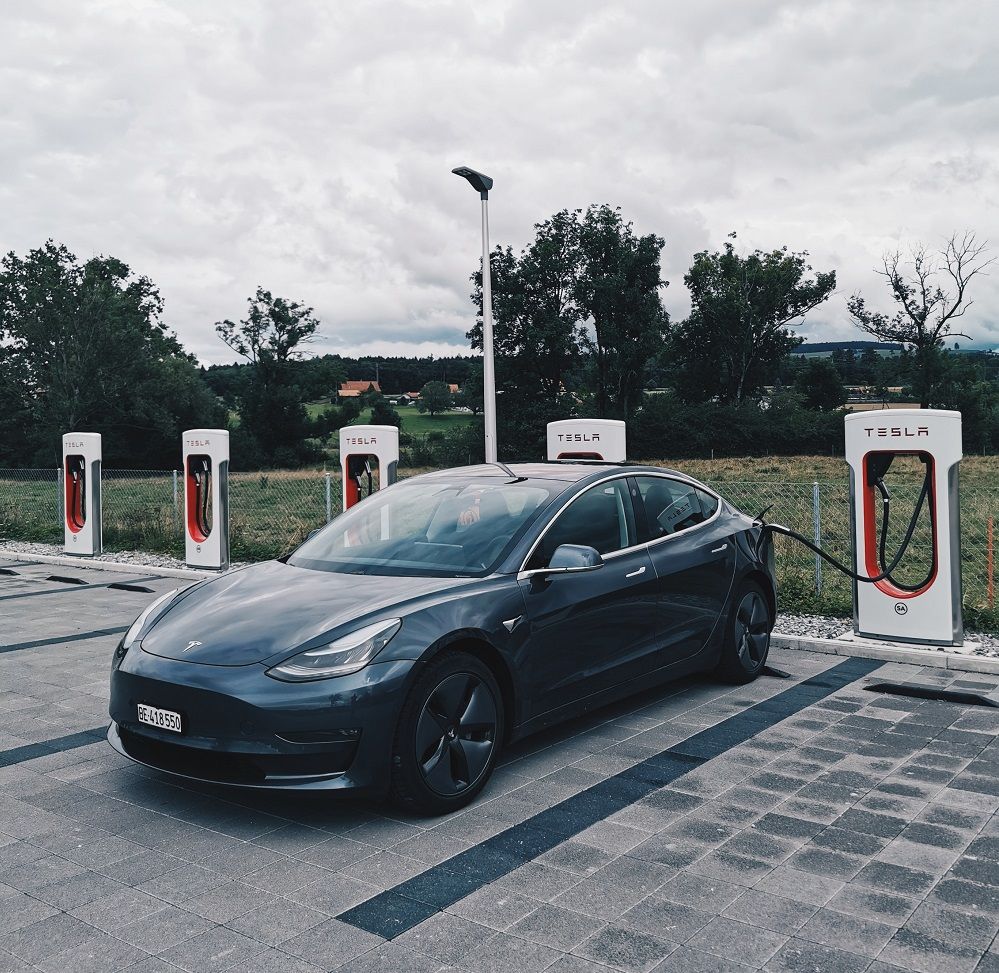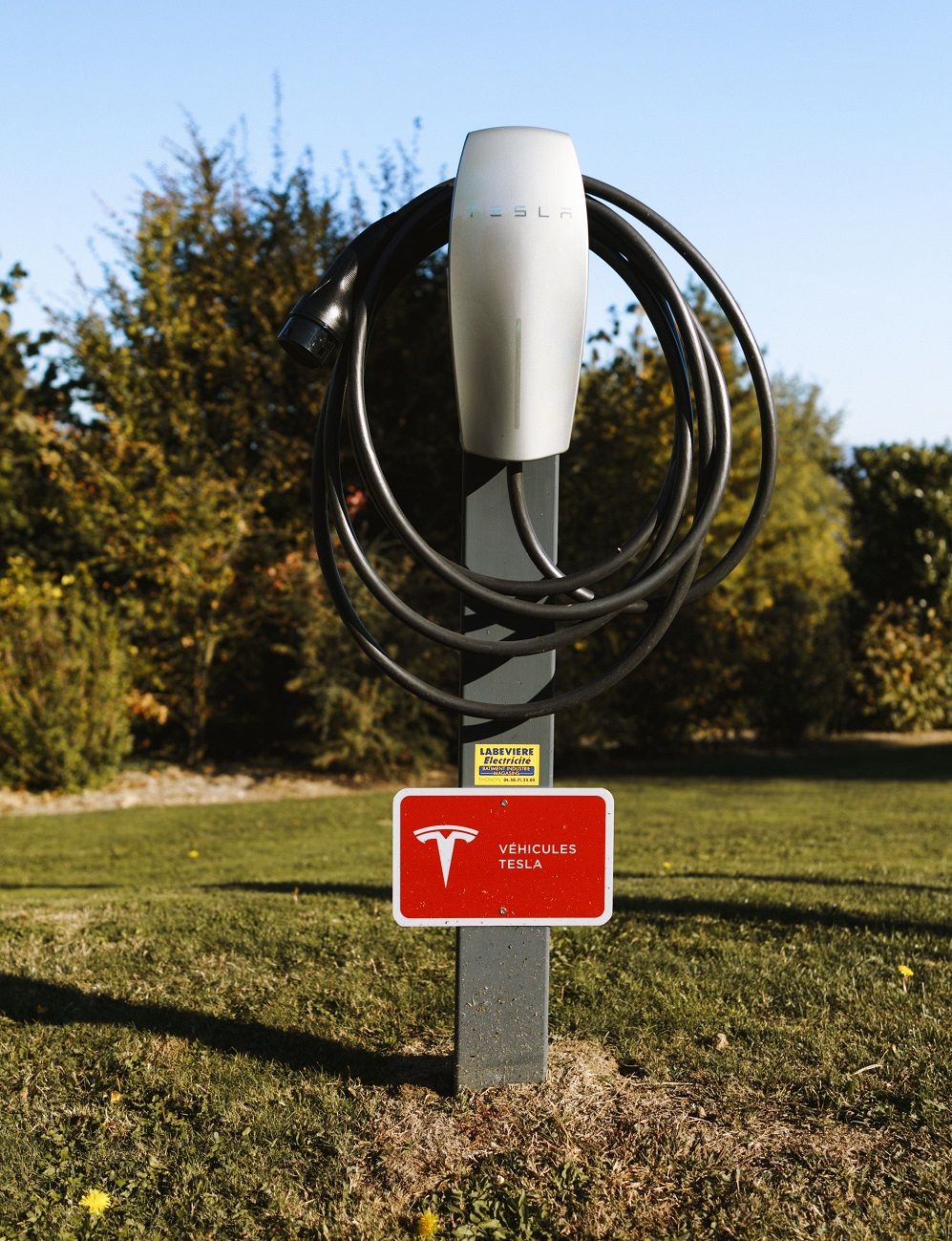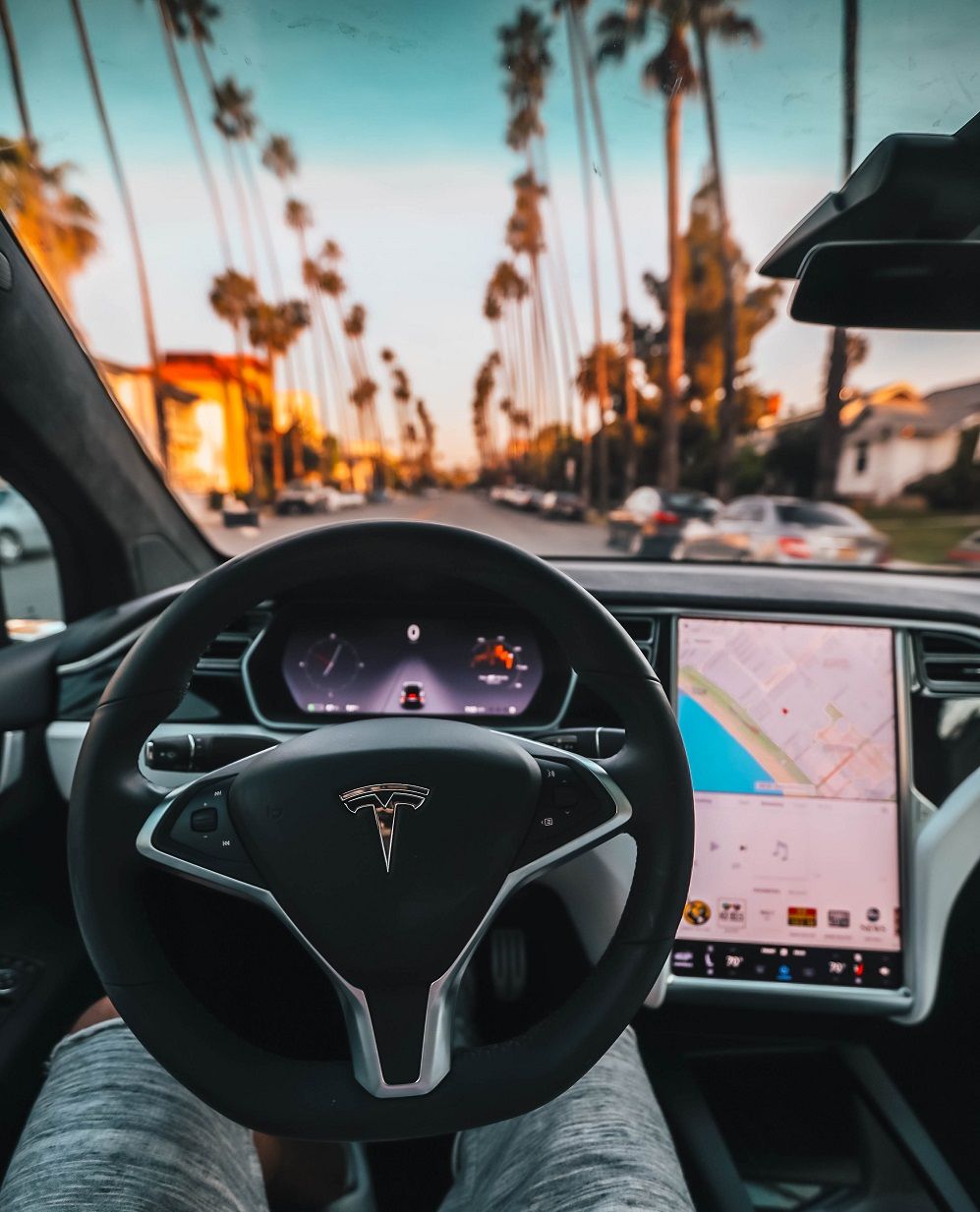Electric cars. Kinda cool, huh? Sustainable, modern, clean — look great, too.
Here’s the Tesla Model S:
Smooth.
The thing is, they always say that you should never believe what you read without doing a bit of investigating yourself. Myself, I’ve always been a curious soul. Is evolution really true just because some scientist told me it is?
And are electric vehicles really better for the environment than modern internal combustion cars? Are they as clean as we’ve been told? I decided to have a look for myself — here’s what I found.
What constitutes an electric car?
“Electric vehicles” has always seemed like a bit of a vague term to me. It could include a plugin hybrid, a mild hybrid, and it could include a full-on EV that has no petrol tank.
Oh, and there’s also the self-recharging hybrid, too.
Simply put, an electric vehicle is any vehicle that’s battery-powered. The BMW i3 is one example, while the aforementioned Tesla Model S is another. The Nissan Leaf, meanwhile, is an example of an affordable plugin hybrid, which is a car that combines a petrol engine with an electric motor, and which can rely solely on electric power for a few miles.

How clean are electric vehicles?
That’s the key question but we first need to define what we mean by “clean.”
Well, the big claim is that electric cars help to combat climate change while at the same time reducing air pollution. This is what we mean by being “clean” and environmentally friendly when referring to an electric car, and it’s a huge selling point for green-minded buyers.
To work out how clean EV’s are, it’s a good idea to look at the U.S. Energy Information Administration’s predictions for how many EV’s there’ll be on our roads by 2050. We also need to consider their predictions for how much electricity EV’s will get through before working out how much pollution it would create.
To do that, we need to take into consideration the 3 main pollutants that the U.S. Clean Air Act regulates:
- Sulfur dioxide
- Particulates
- Nitrogen
We should also throw CO2 into the mix, too.
Then, we need to compare them to the most modern petrol and diesel vehicles and their emissions.
The conclusion is slightly troubling, but it all depends how you spin it: If more and more of us adopt electric vehicles over the next few decades, air pollution will increase unless we turn to, say, bikes instead.
But what if we switched from internal combustion cars to electric vehicles? It depends whether you choose to stick with an old internal combustion car or a new one.
This is important to note because many people who compare electric vehicles to petrol and diesel-powered vehicles compare them to the old internal combustion engines. But here’s the thing: Internal engine technology is improving rapidly. It’s getting cleaner and it’s still what most of us are buying.
Indeed, automakers such as Toyota Motor Corporation are investing in new technologies and engine architecture that will boost efficiency while cutting down emissions. All of its current engines will be replaced with new internal engine tech by 2023, with a variety of 9 new engines expected to be rolled out within the next 3 years.
However, there is a chance for redemption for the EV’s: While they may increase air pollution more than bikes, they will reduce greenhouse gas emissions more than internal combustion cars. That said, it won’t be by a great deal.

Do we even want electric vehicles?
According to Ed Kim, vice president for industry analysis at AutoPacific, “gasoline engines are going to remain very, very relevant for a long time.”
“Because even with this push towards electrification, the point where we get to a full battery-electric fleet across the U.S. is very far away.”
Moreover, by 2025 it’s forecast that less than 9% of American’s will be driving EV’s. The rest are on board with the aforementioned new internal engines, such as a soon-to-be-released 3.0-liter turbocharged six-pot power plant produced by Fiat Chrysler Automobiles that will replace their gas-guzzling, crowd-pleasing V8’s.
On the flip side, governments are doing their bit to push electric vehicles on the general public. In America, George W. Bush and Barack Obama signed laws that allows buyers of EV to enjoy federal tax credits of $7,500 that will help to bring down the cost of their new electric car.
There are other incentives, such as $5,000 purchase rebates and free-to-use public charging stations.
And yet there’s another side to this story, too. The public charging stations might be “free” but they’re still subsidized by the taxpayers and ratepayers. And while California has pledged to ban all internal combustion cars by 2040 (legislation for this has even been rolled out), it’s clear that a) electric vehicles aren’t necessarily cleaner than internal combustion cars, and b) not everyone wants them.
California’s attitude seems even more zealous and a tad hypocritical when you consider that their electric rates are the highest in the country. This means that recharging your car over there will be more expensive.
And check this out: the EV subsidies benefit the wealthy for sure, and it’s the poor who still can’t afford to buy electric vehicles, and yet who are subsidizing them for the wealthy. That seems kind of counter-intuitive. The poorer who pay their taxes are paying for the charging stations, the wires, et cetera — but can’t actually afford to get their hands on such a car themselves.
Worse still, an electric car is far cleaner if you’ve got solar panels — again, something the wealthy can afford for now.

Conclusion
To be honest, it all seems a bit apples and oranges to me. Electric vehicles will reduce greenhouse gas emissions when compared to internal combustion vehicles but the difference is so small that it will have little to zero economic benefit, and barely any effect on climate, too.
Internal combustion vehicles — the ones benefiting from the new technology — are super clean compared to previous incarnations, emitting just a fraction (1%, if that) of the pollution that their ancestors did back in the 1960s. Moreover, they continue to be more appealing to the general population, especially the poorer among us.
It’s the opinion of this writer that, whether you buy an electric car next or a new internal combustion car, you’re still doing your bit for the environment and helping us as a world move forward.
Or better yet, buy a bike.
What are your thoughts on electric cars? Let us know in the comments!
Join the budding community of conscious consumers right now and help save the planet! The NatureHub Conscious Community app is now available on both Google Play Store and iOS App Store.
Download it here: Apple iOS • Android






